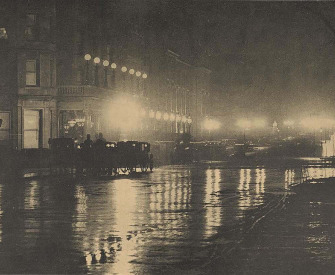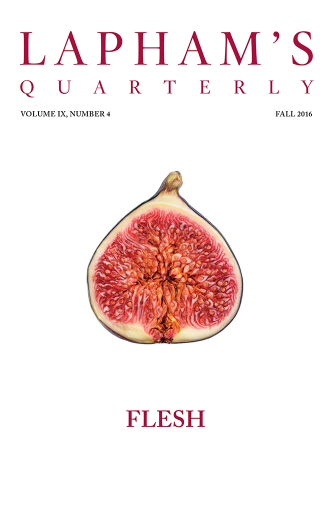Dreams are notable means of discovering our own inclinations. The wise man learns to know himself as well by the night’s black mantle as the searching beams of day.
In sleep we have the naked and natural thoughts of our souls: outward objects interpose not, either to shuffle in occasional cogitations or hale out the included fancy. The mind is then shut up in the borough of the body; none of the Cinque Ports of the Isle of Man are then open, to in-let any strange disturbers. Surely, how we fall to vice, or rise to virtue, we may by observation find in our dreams. It was the wise Zeno that said he could collect a man by his dreams. For then the soul, stated in a deep repose, bewrayed her true affections, which in the busy day she would either not show or not note. It was a custom among the Indians, when their kings went to their sleep, to pray with piping acclamations, that they might have happy dreams and withal consult well for their subjects’ benefit, as if the night had been a time wherein they might grow good and wise. And certainly, the wise man is the wiser for his sleeping if he can order well in the day what the eyeless night presents him. Every dream is not to be counted of, nor yet are all to be cast away with contempt. I would neither be a Stoic, superstitious in all, nor yet an Epicure, considerate of none. If the physician may by them judge of the disease of the body, I see not but the divine may do so concerning the soul. I doubt not but the genius of the soul is waking and motive even in the fastest closures of the imprisoning eyelids. But to presage from these thoughts of sleep is a wisdom that I would not reach to. The best use we can make of dreams is observation, and by that, our own correction or encouragement. For ’tis not doubtable but that the mind is working in the dullest depth of sleep.
Dreams do sometimes call us to a recognition of our inclinations, which print the deeper in so undisturbed times. I could wish men to give them their consideration, but not to allow them their trust, though sometimes ’tis easy to pick out a profitable moral. Antiquity had them in much more reverence, and did oft account them prophecies, as is easily found in the sacred volume; and among the heathen, nothing was more frequent. Astyages had two of his daughter Mandane, the vine and the flood. Calphurnia of her Caesar; Hecuba of Paris; and almost every prince among them had his fate showed in interpreted dreams. Galen tells of one that dreamed his thigh was turned to stone, and soon after it was struck with a dead palsy. The aptness of the humors to the like effects might suggest something to the mind then apt to receive. So that I doubt not but either to preserve health or amend the life, dreams may to a wise observer be of special benefit. I would neither depend upon any to incur a prejudice nor yet cast them all away in a prodigal neglect and scorn. I find it of one that having long been troubled with the paining spleen; that he dreamed if he opened a certain vein between two of his fingers, he should be cured, which he awaked, did, and mended. But indeed I would rather believe this than be drawn to practice after it. These plain predictions are more rare foretellings, used to be lapped in more obscure folds. And now, that art lost, Christianity hath settled us to less inquisition; it is for a Roman soothsayer to read those darker spirits of the night and tell that still dictator his dream of his mother signified his subjecting the world to himself. ’Tis now so out of use that I think it not to be recovered. And were it not for the power of the Gospel in crying down the vanity of men, it would appear a wonder how a science so pleasing to humanity should fall so quite to ruin.
From “Of Dreams.” Suffolk-born author Felltham is best known for a 1623 collection of one hundred short essays known as resolves. The genre—typically a statement of inspiration intended to reform Christian morals—was popular during the seventeenth century but declined in influence afterward. “A scholar’s life was not my profession,” Felltham wrote in later years, “for I have lived in such a course as my books have been my delight, but not my trade, though perhaps I could wish they had.”
Back to Issue


